We all love to spoil our Corgis, and that usually includes feeding treats. Unfortunately, our kindness can be detrimental to their health if we are giving our Corgis more calories than they can burn off. Whether you have a Pembroke or a Cardigan, your Corgi needs to stay trim to be healthy. In addition, weight gain can be a sign of health issues, so if you notice yours is getting pudgy, a vet visit is a wise idea. Since it’s hard to tell under all that fluff, a good place to notice body condition is during bath time or grooming. The following are three signs your Corgi is overweight.
How Much Should Corgi Weigh?
23lb to 28lbs

#1 – No Definition
Although every breed of dog has a different body shape, they should all have some definition. The Cardigan Welsh Corgi should have a prominent breastbone, a deep rib cage, and a tucked up loin with a well-defined waist. Pembroke Welsh Corgis also have a deep rib cage, but will have a less defined waist and only a slight tuck at the loin. Dr. Sophia Yin’s website has a great, easy to follow guide for checking this.
#2 – Unable To Reach That Itch
Okay- so their body shape can sometimes cause problems in this area, but in general your Corgi should be able to groom herself. If she can’t scratch her ear because she can’t bend enough to get that leg up there, she is probably carrying a few too many pounds.
#3 – Easily Overexerted
Do you walk a few steps and your Corgi is already panting and wanting to stop? Barring hot weather, this is a sign that he is out of shape and probably overweight. It’s time to talk to the vet about a diet and exercise regimen that will slowly get him back on track. Be careful about pushing your Corgi to exercise more than their body can handle – that can cause problems too – so work with your vet.
Believe it or not, corgis really love to eat. And most corgis will simply eat themselves to death if left alone with plenty of food. When they are clamoring for more food, it can be difficult to resist those beseeching eyes. However, if you cave in, you will be doing your corgi’s health a great disservice.
It’s a common misperception in the corgi world that a corgi should have a rotund, plump appearance. However, because people are so accustomed to seeing enormous, overweight corgis, most people are unaware of the actual healthy weight limits for these adorable pups. Find the answers to all of your questions about obesity and corgi’s to make better decisions for your family pooch.
Frequently Ask Questions:
Are Corgis Prone To Obesity?
All corgis, regardless of age, are prone to obesity, and if you do not do anything to prevent this from happening, several issues may arise. Corgis are notorious for having enormous appetites and overeating. Therefore, to guarantee that our dogs live long, happy, and healthy lives, it is our duty as pet owners to keep track of their daily calorie intake, exercise routine, and body condition score.
How Do I Know If My Corgi Is Too Fat?
Unhealthy weight is a problem that affects corgis of all ages frequently. Unfortunately, because they have a luxurious lifestyle, many corgis are overweight. Table crumbs, oversized portions, and an overabundance of sweets are all examples of what leads to a plump pup. Therefore, it’s wise not to just rely on the scales to determine whether your Corgi is overweight.
Another accurate technique to determine your Corgi’s current condition is to observe how he feels and looks. Ideally, when you run your hand along his side or, at the very least, when little pressure is applied, you should be able to feel his ribs. Also, if their stomach droops toward the ground, your pooch has an unacceptable pouch.
How Can I Help My Overweight Corgi?
First things first, it’s best to screen out underlying health issues with your veterinarian before making any changes to your dog’s diet or routine exercise. Although food and exercise will be the primary factors in most cases of weight gain, underlying medical conditions like hypothyroidism and diabetes should still be cleared out before moving on.
Next, it’s time to make sure you are feeding your pet properly. The serving sizes on the bag of food are not mere suggestions but healthy amounts for dogs of each size. Additionally, be wary of foods high in carbs or sweets. You may need to change your dog’s kibble to a grain-free option because carbohydrates are known to cause uncontrollable weight gain.
How Much Do Corgis Usually Weigh?
The weight of a corgi depends on the breed of corgi. Pembroke corgis should weigh between 24 and 30 pounds depending on their genetic makeup, height, and gender. Cardigan corgis can weigh a little more than their counterparts, with a healthy weight of between 24 and 38 pounds.
How Many Years Do Corgis Live?
Corgis can live for 12 to 15 years on average. The typical lifespan of purebred dogs is eleven years; hence the Corgi lifespan is extremely longer. The fact that smaller dog breeds live longer than larger ones is another factor at play. Additionally, it has been observed that female Corgis typically live one or two years longer than males.
How Much Should A Corgi Eat A Day?
It’s far simpler to feed an adult Corgi than a puppy. Puppies need to be fed in a coordinated manner throughout the day at various times. Alternatively, feeding an adult Corgi is easier. An adult Corgi only needs 1 1/2 to 2 cups of food daily, spread out over two meals. Your dog may require additional food in some situations, such as pregnancy or if they are more active.
How Do I Get My Corgi To Lose Weight?
Before changing your Corgis’ food or exercise program, visit your vet to check for any health conditions such as hypothyroidism or diabetes. Next, check your dog’s portion sizes and keep to a max of two cups per day, including treats. One of the most common pet owner mistakes is switching kibble brands but feeding the same amount. Despite being identical, kibble calories vary substantially per cup.
A portion of kibble with 780 calories is a decent starting point. And dog treats, please.
Next, dog snacks with different components and calorie counts are available. Unfortunately, dog treats usually have too many calories. Your Corgi loves eating your table scraps, but it’s bad for her health. Human food, specially prepared from a box or can, is filled with preservatives, salts, and other chemicals that neither dogs nor humans can digest well.
While higher-quality kibbles cost more, it’s often filled with more protein and fat than with cheap filler carbohydrates. Before domestication, dogs did not eat carbohydrates, and their systems are still not made to digest carbs like humans.
Increasing your corgi’s activity level will also help him lose weight. Weight gain or decrease depends on calorie intake minus expenditure. If he burns more calories than he consumes, he will lose weight. A corgi needs 60-80 minutes of daily activity (which excludes additional playtime).
A prevalent problem in dogs with long backs and small legs, such as Corgis, is intervertebral disc disease (IVDD). When the jelly-like cushion between one or more vertebrae slips or ruptures, the disc presses on the spinal cord, resulting in the condition. Your dog is probably in great pain if he suddenly becomes unable or unwilling to jump or go upstairs and is reluctant to move about.
The condition can make dogs sedentary and even put their life at risk. If you suspect any signs take your dog to the veterinarian immediately. Without care, they can become paralyzed and then gain weight even quicker, which can deteriorate their life dramatically. Additionally, avoid undue strain on his back by installing ramps or steps for your pet starting at a young age.
How Many Calories A Day For A Corgi?
A healthy adult Corgi weighing 25 pounds needs 780 calories per day. As a result, 780 calories makes an excellent place to start when figuring out the right serving size for the kibble you feed your dog. Also, do not forget to give the dogs their snacks and keep track of the calories.
Do Corgis Need Lots Of Exercise?
Both breeds of Corgis, which were originally herding dogs bred for farm labor, have a lot of energy. They are busy dogs filled with life and ready to enjoy the world. These regal puppies must exercise for roughly an hour daily since it’s crucial for their health and mental stimulation.
Exercise helps corgis to burn calories, challenge their minds, maintain their health, and prevent boredom. Without anything productive to do, corgis may turn to other, more destructive outlets for their pent-up energy, such as gnawing and digging. Corgis who are bored might keep themselves occupied by barking and howling.
An excellent guideline to remember when training a puppy is to give them 5 minutes of activity for each month of their age. A six-month-old puppy should be able to walk for about 30 minutes. A mature corgi is another matter. The minimum should be one hour per day.
Because it’s in their DNA, corgis can walk for days. What you should do is incorporate some harder workouts into their everyday schedule. You might not need to spend hours walking your corgi around the neighborhood if you find an activity that they enjoy and that quickly wears them out, of course, without hurting them.
Overweight Breed Informational Pages
- Is My Bulldog Overweight Or Obese?
- Is My Chihuahua Overweight Or Obese?
- Is My Corgi Overweight Or Obese?
- Is My Dachshund Overweight Or Obese?
- Is My Doberman Overweight Or Obese?
- Is My German Shepherd Overweight Or Obese?
- Is My King Charles Spaniel Overweight Or Obese?
- Is My Lab Overweight Or Obese?
- Is My Maltese Overweight Or Obese?
- Is My Pit Bull Overweight Or Obese?
- Is My Pomeranian Overweight Or Obese?
- Is My Rottweiler Overweight Or Obese?
- Is My Shih Tzu Overweight Or Obese?
- Best Joint Supplement for Dogs
- Best CBD Gummies for Dogs
- Goat's Milk for Dogs
- Skin & Coat Supplements for Dogs
- Weight Gain Supplements for Dogs
- Muscle Building Supplements for Dogs
- Heart Supplements for Dogs
- Multivitamins for Dogs
- Pill Pockets for Dogs
- Digestive Enzymes for Dogs
- Turmeric for Dogs
- Liver Supplements for Dogs
- Tear Stain Supplement for Dogs
- Breath Fresheners for Dogs
- Kidney, Urinary, & Bladder Supplements for Dogs
- Stool Eating Deterrent for Dogs
- Eye Supplements for Dogs
- Melatonin for Dogs
- Apple Cider Vinegar for Dogs
- Green Lipped Mussels for Dogs
- L Theanine for Dogs
- Chondroitin Supplements for Dogs
- MSM for Dogs
- Valerian Root for Dogs
- Chamomile for Dogs
- Boswellia for Dogs
- L Tryptophan for Dogs
- Yucca for Dogs
- Licorice Root for Dogs
- Bromelain for Dogs
- Papain for Dogs
- Devil's Claw for Dogs
- Quercetin for Dogs
- Hemp gummy for dogs
- Best Hemp Dog Treats
- Best Hemp Oil for Dogs
- Best Calming Treats, Chews, & Supplements for Dogs
- Best Bone Broth for Dogs
- Best Fish Oil for Dogs
- Best Probiotics for Dogs
- Best Hip Dysplasia Supplements for Dogs
- Best Colostrum for Dogs
- Best Quercetin for Dogs
- Best Greens for Dogs Supplements
- Best Vitamin C Supplements for Dogs
- Best Probiotic for Dog with Allergies
- Best Taurine Supplements for Dogs
- Best Dog Food Toppers
- Best Anal Gland Supplement for Dogs
- Best Dog Probiotic Powder
- Best CoQ10 Supplement for Dogs
- Best Liquid Glucosamine for Dogs
- Best Wrinkle Creams, Balms, and Wipes for Dogs
- Best Puppy Calming Treats
- Best Colloidal Silver for Dogs
- Best Adaptogen Supplements for Dogs
- Best Cognitive Supplements for Dogs
- Best Bee Pollen for Dogs
- Best Vitamin A Supplements for Dogs
- Best Vitamin E Supplements for
- Best Liquid Glucosamine Supplements for Dogs
- Best SAM-e Supplements for Dogs
- Best Hyaluronic Acid Supplements for Dogs
- Best Apple Cider Vinegar Supplements for Dogs
- Best Diarrhea Medicine for Dogs
- Best Milk Thistle for Dogs
- Best Turkey Tail Mushroom Supplements for Dogs
- Best Astaxanthin Supplements for Dogs
- Best Lutein Supplements for Dogs
- Best Electrolyte Supplements for Dogs
- Best Coconut Oil for Dogs
- Best Prenatal Vitamins for Dogs
- Best Puppy Milk Replacements
- Best Iron Supplements for Dogs
- Best Dewormer Products for Dogs
- Best Mange Medications for Dogs
- Best Cough Relief Products for Dogs
- Best Sinus Relief Products for Dogs
- Best Collapsed Trachea Supplements for Dogs
- Best Fireworks Anxiety Relief Products for Dogs
- Best Thunderstorm Anxiety Relief Products for Dogs
- Best Travel Anxiety Relief Product for Dogs
- Best Supplements for a Dog with a Torn ACL
- Best Supplements for a Dog with Patellar Luxation
- Best Supplements for a Dog with Intervertebral Disc Disease
- Best Zinc Supplements for Dogs
- Best Biotin Supplements for Dogs
- Best Tart Cherry Supplements for Dogs
- Best Resveratrol Supplements for Dogs
- Best Ginkgo Biloba Supplements for Dogs
- Best Ashwagandha Supplements for Dogs
- Best Supplements for Dogs with Cushing's Disease
- Best Adrenal Supplements for Dogs
- Best NAD+ Supplements for Dogs
- Best NMN Supplements for Dogs
- Best Supplements for Dogs with Dementia
- Best Supplements for Dogs with CCD(Canine Cognitive Dysfunction)
- Best Fiber Supplements for Dogs
- Best Spirulina for Dogs
- Best Hairball Remedies for Dogs
- Best Eye Drops for Dogs with Allergies
- Best Magnesium Supplements for Dogs
- Best Brushes for Double-Coated Dogs
- Best Dandelion Root Supplements for Dogs
- Best Probiotic for Dogs with Yeast Infections
- Best Flaxseed Oil for Dogs
- Best Chamomile Supplements for Dogs
- Best Lavender Supplements. Treats & Sprays for Dogs
- Best Collagen Supplements for Dogs
- Best Kelp Supplements for Dogs
- Best Activated Charcoal for Dogs
- Best Slippery Elm Supplements for Dogs
- Best Supplements for Dogs with Seizures & Epilepsy
- Best Antioxidant Supplements for Dogs
- Best Ubiquinol Supplements for Dogs
- Best Hormone & Glandular Supplements for Dogs
- Best Thyroid Supplements for Dogs
- Best Iodine Supplements for Dogs
- Best Dog Shedding Supplements for Dogs
- Best Detox Supplements for Dogs
- Best Postbiotics for Dogs
- Best Aspirin Products for Dogs
- Best Dog Anti-Nausea Products
- Best Dog Mouthwashes
- Best Camelina Oils for Dogs
- Best Hemp Seed Oils for Dogs
- Best Natural Anti-Inflammatories for Dogs
- Best Cancer Supplements for Dogs
- Best Sardine & Anchovy Oils for Dogs
- Best Fatty Acid Supplements for Dogs
- Best Chia Seed Supplements & Treats for Dogs
- Best Olive Oils for Dogs
- Best Amino Acid Supplements for Dogs
- Best Moringa Supplements for Dogs
- Best Echinacea Supplements for Dogs
- Best Cranberry Supplements for Dogs
- Best D-Mannose Supplements for Dogs
- Best Nettle Leaf Supplements for Dogs
- Best Marshmallow Root Supplements for Dogs
- Best Astragalus Supplements for Dogs
- Best Pumpkin Seed Supplement for Dogs
- Best Supplements for a Dog Wetting The Bed
- Best Blueberry Supplement for Dogs
- Best Bromelain Supplements for Dogs
- Best Yucca Supplements for Dogs
- Best Ginger Supplements for Dogs
- Best Rosehip Supplements for Dogs
- Best Allergy Medicines for Dogs
- Best Reishi Mushroom Supplement for Dogs
- Best Maitake Mushroom Supplement for Dogs
- Best Chaga Mushroom Supplement for Dogs
- Best Shiitake Mushroom Supplement for Dogs
- Best Cordyceps Mushroom Supplement for Dogs
- Best Lion's Maine Supplement for Dogs
- Have question? - Ask in our Dog Health Forum



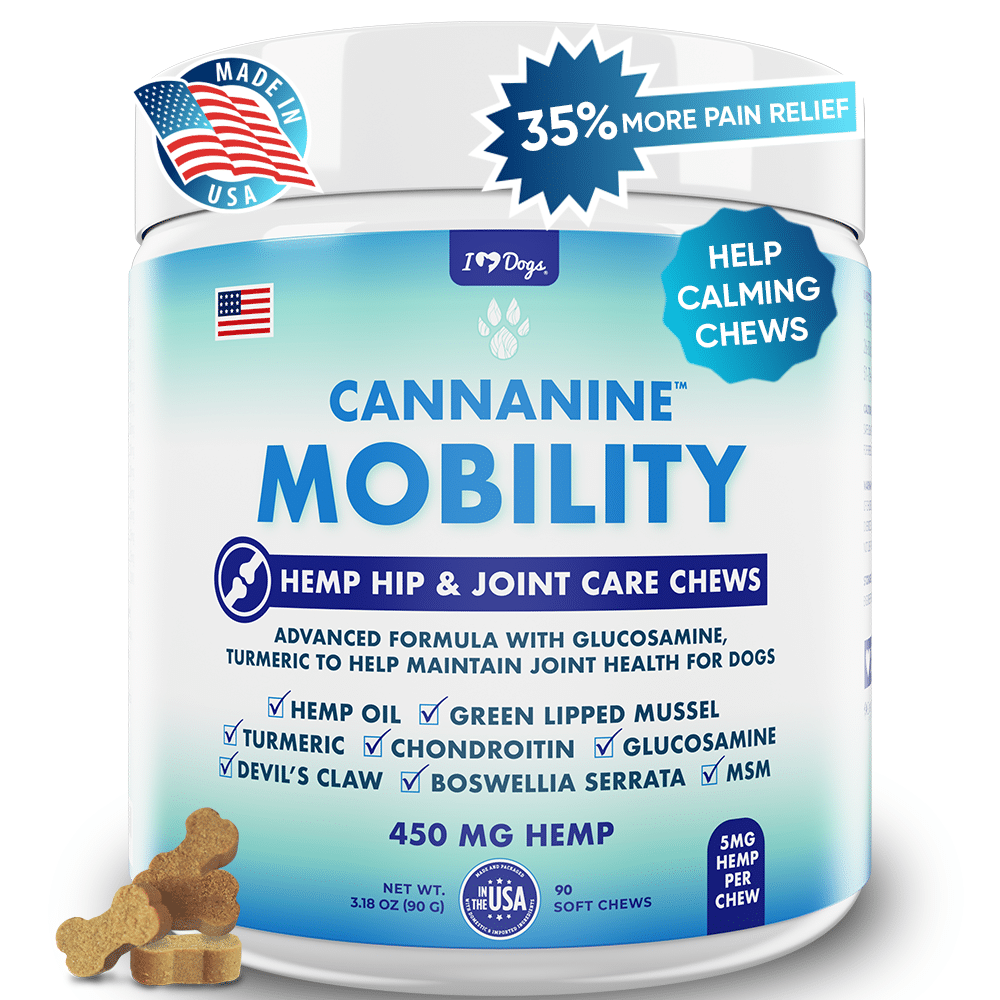
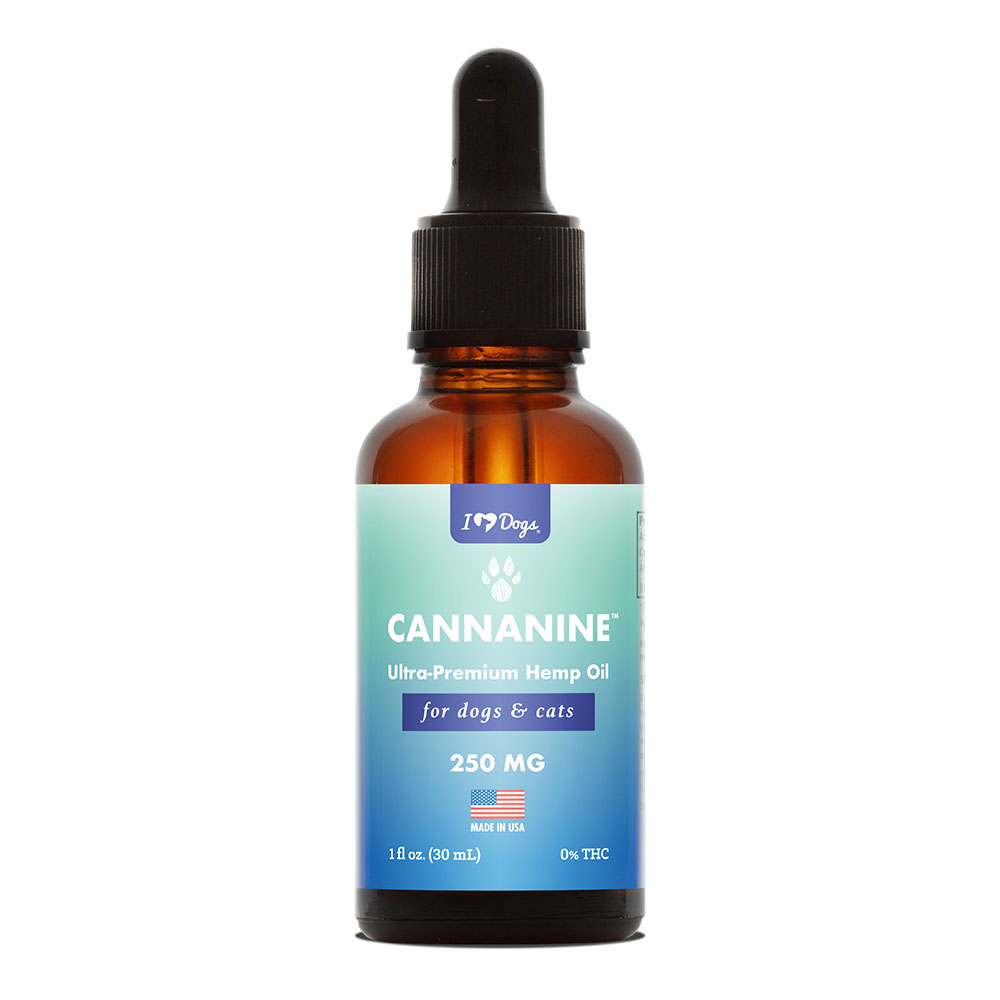
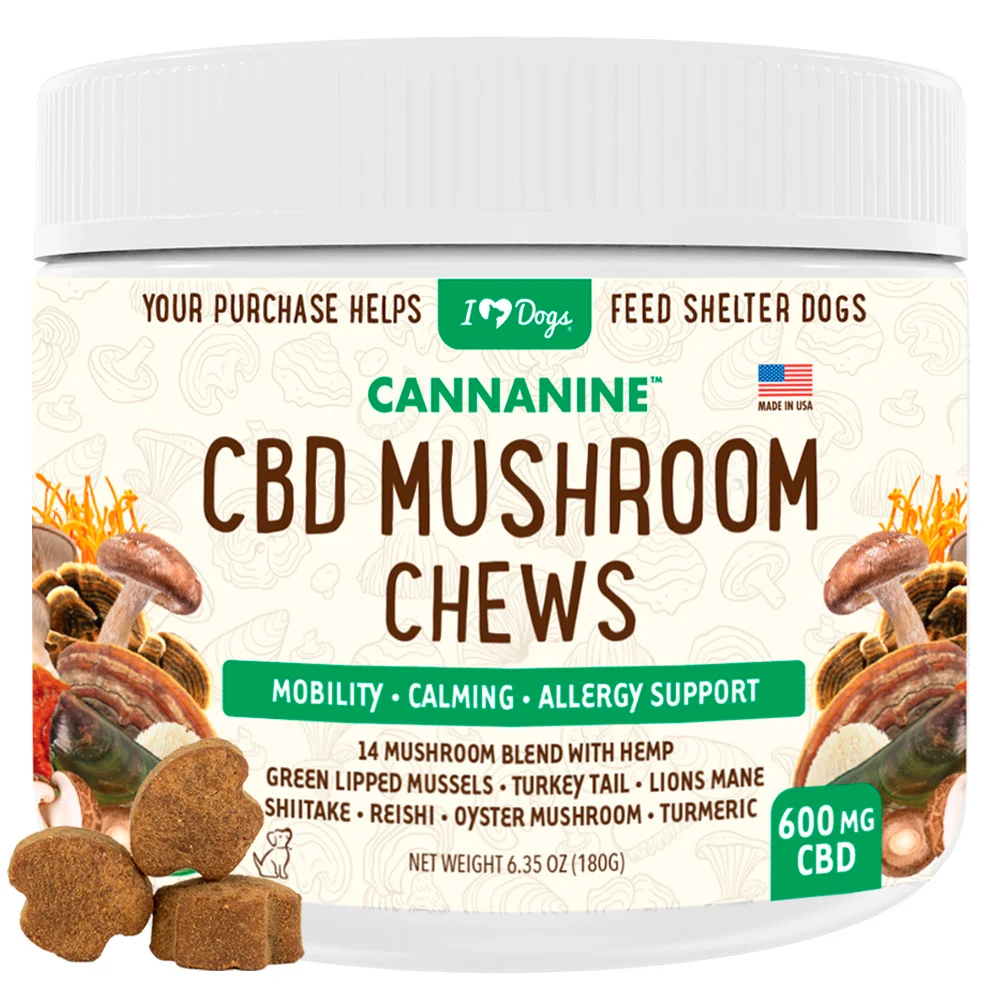

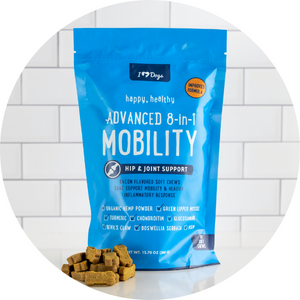
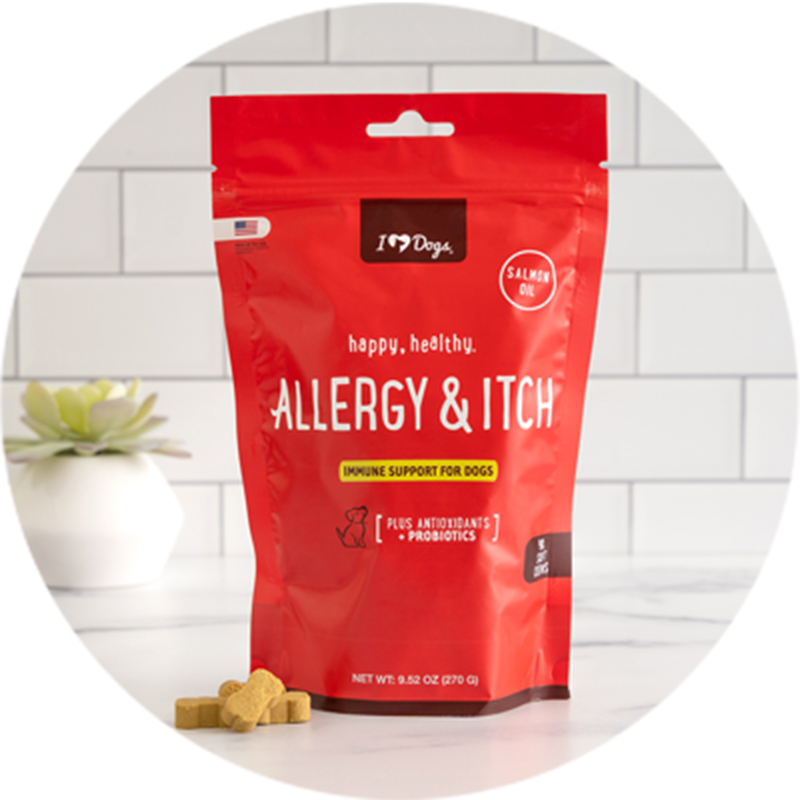


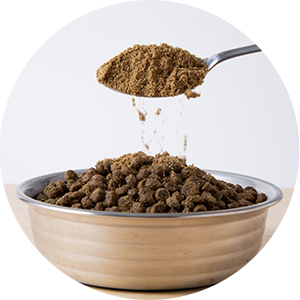
 Toledo, United States.
Toledo, United States.